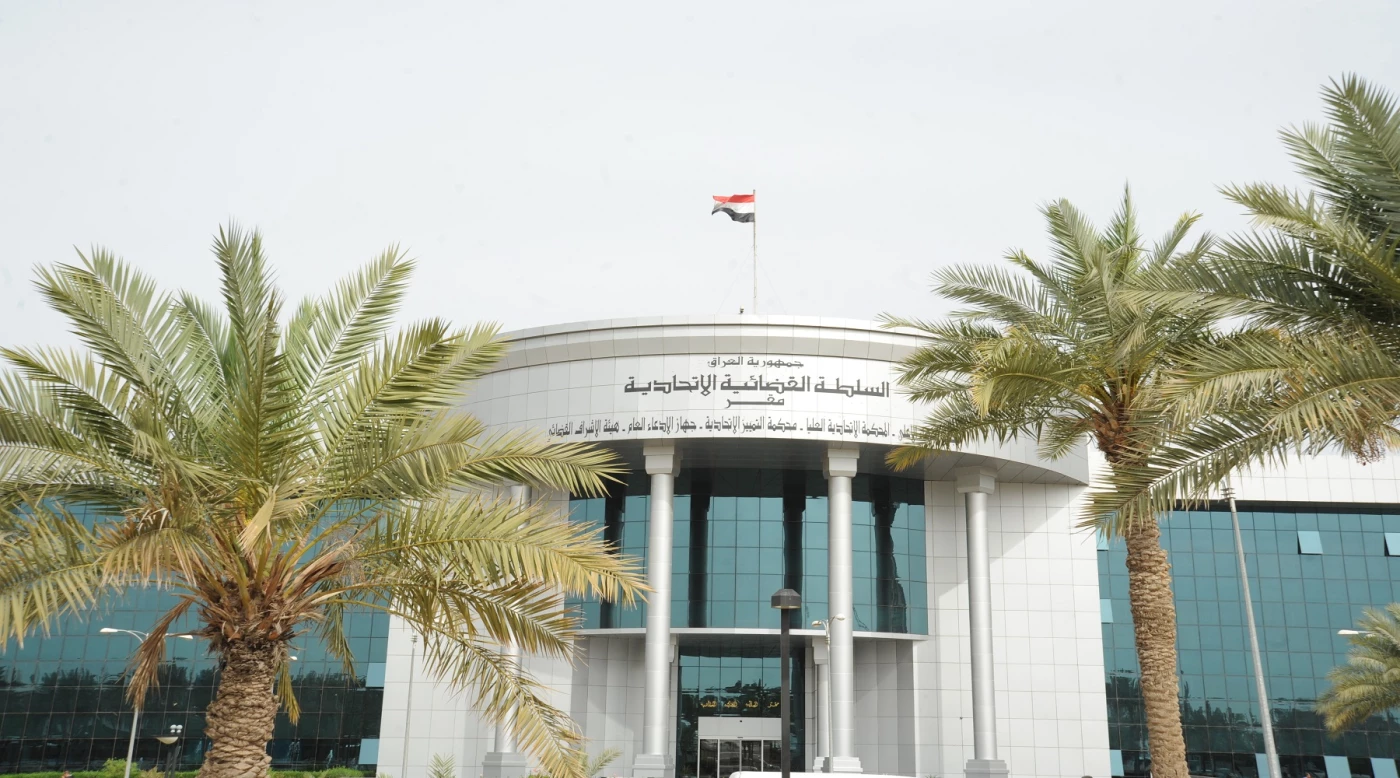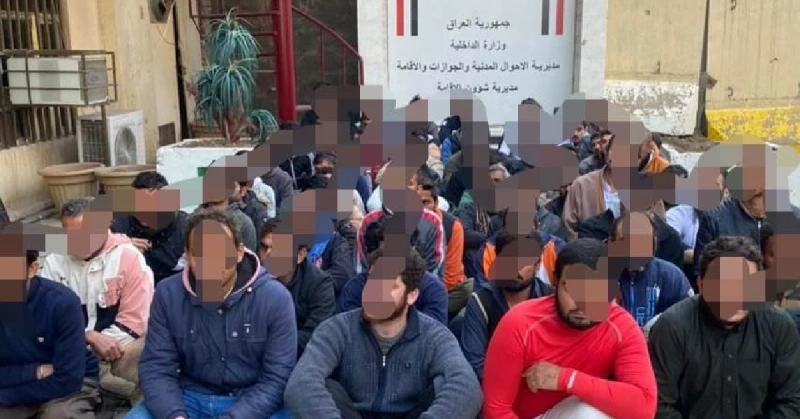ERBIL, Kurdistan Region of Iraq - The Iraqi Federal Supreme Court confirmed on Tuesday the legitimacy of the recently passed Personal Status Law amendments, the General Amnesty bill, and a bill to return real estate properties confiscated under the previous Ba’ath regime to original owners.
The top court also ruled to cancel the previously issued temporary ruling to suspend the implementation of the controversial laws.
Shakhawan Abdullah, the Iraqi parliament’s second deputy speaker, congratulated the people of Kurdistani areas outside the Kurdistan Region following the Iraqi top court's decision.
“There are no more obstacles hindering the return of rights to those entitled to them, and properties to their original owners," Abdullah wrote in a social media post.
The Iraqi parliament passed the controversial bills during a session on January 21. The Federal Supreme Court issued a temporary ruling two weeks later to suspend their implementation until the legal complaints against the bills were settled and their constitutionality was verified.
The court ruling sparked a lot of controversy across the different components of the country, as the General Amnesty was a main demand of the Sunnis during the formation of the current Iraqi cabinet, and Kurds and Turkmens have been calling for the return of their properties for decades.
A coalition of 10 lawmakers had filed legal complaints to the top court, calling for suspending the implementation of the bills, as they claimed that the voting procedures during the parliamentary session in which they were passed were “not sound.”
The amnesty law redefines the concept of affiliation to terrorism, through which the cases of many in Iraq will become easier to resolve. The bill could save the lives of scores of innocent people from the country’s prisons, but could also lead to the release of the guilty too if not implemented properly.
The amendment to the Personal Status Law governs family-related issues such as marriage, divorce, inheritance, and custody, and has long been seen as controversial by civil society activists.
The changes allow couples to choose their religious sect — Shiite or Sunni — when entering into a marriage contract. If the couple cannot agree on a sect, the husband's sect would be applied. Critics argue that this provision could undermine civil rights, particularly for women and girls.
The real estate restitution law seeks to reverse the effects of the Arabization policy pursued by the banned Ba'ath Party regime for more than three decades, which was represented by the displacement of Kurdish and Turkmen families from their lands in the provinces of Diyala, Salahadin, Kirkuk, and Nineveh, granting their lands to Sunni Arabs to establish Arab villages in areas with a Kurdish and Turkmen majority.
In Kirkuk alone, more than 130,000 dunams were seized and their Kurdish and Turkmen owners were displaced during the period extending from 1975 to 1979, according to Fahmi Burhan, head of the Board of the Kurdistani Areas Outside the Region.



 Facebook
Facebook
 LinkedIn
LinkedIn
 Telegram
Telegram
 X
X


